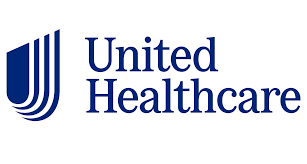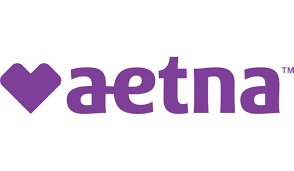FREQUENTLY ASKED QUESTIONS ABOUT SPECIFIED BENEFIT (INDEMNITY) HEALTH INSURANCE PLANS:

1. What exactly is a Specified Benefit (Indemnity) Plan?
Specified benefit plans allow you to effectively manage your own healthcare. You can visit any doctor or hospital you like, and then the insurance company pays a specified amount towards your total charges. In most cases, you can also get a Preferred Provider Organization (PPO) network discount!
2. How does a Specified Benefit plan work?
Under a specified benefit plan, you may see whatever doctors or specialists you like, with no referrals required. Though you may choose to get the majority of your basic care from a single doctor, your insurance company will not require you to choose a primary care physician. If you choose a doctor in the PPO network, you get the network discount first, and then the plan pays a specified amount for that service. If there is an outstanding balance after that, you would be responsible for the rest. In some cases, the specified amount paid by the insurance company is HIGHER than the actual bill, in which case the insurance company would pay the difference to back to you!
3. Is this a real health insurance plan, or is it a “discount” or “reimbursement plan"?
This type of plan is considered supplemental specified benefit health insurance. When combined with other ancillary products, in many ways it is better than many major medical health insurance plans, except with a much lower monthly premium in most cases. It pays specific amounts for all types of medical expenses, such as office visits, lab tests, surgeries and hospital stays.
4. I have never heard of this insurance company before. Why are the rates so much cheaper than everything else I’ve been quoted?
These plans are through health insurance brokers, so they are not advertised. Also, these plans are medically underwritten, so they are not required to take people with serious medical conditions, which is how they keep their costs down. The result is that the savings is passed on to you in the form of a reduced monthly premium. Other "brand name" major medical carriers spend millions of dollars advertising their plans, in an attempt to cover the rising costs of healthcare for chronically sick people, so those expenses are passed on to the consumer.
5. Do I have to pay the doctor myself after a visit, and then submit the bill for reimbursement?
No, you will just present your health insurance card when you go to the doctor and they will bill the insurance company directly, just like with any other health insurance plan. After the bill is processed, you will receive an explanation of benefits about 3 weeks later showing any amounts owed by the patient. If for some reason your doctor says they don’t accept the plan, you can just pay cash and submit your receipt to the insurance company yourself for reimbursement, but this rarely happens.
6. What is the difference between a Specified Benefit plan and a Major Medical plan?
a. Major medical plans are required to pay for your annual wellness exam at 100%. Specified benefit plans will give you the PPO network discount on the exam, and pay a specified benefit (usually $250), then you are responsible for the remainder of the bill, if there is one. If the amount of the exam is less than the specified benefit amount, the insurance company pays the difference back to you!
b. All other medical expenses on a major medical plan are subject to a large deductible, unless you pay an additional monthly premium to get doctor visits included with a co-pay. On a specified benefit plan, most benefits are paid with no deductible.
c. Major medical plans have no lifetime maximum of coverage, while specified benefit plans typically have a $2,000,000 to $5,000,000 lifetime maximum. Keep in mind, 99% of people never even reach $1,000,000 in medical expenses in their lifetime.
d. The monthly premiums are typically much lower on a specified benefit plan, than on a major medical plan, because they are sold to the public direct through a health insurance broker. Also, they are medically underwritten, meaning they exclude people with serious medical conditions.
e. On a major medical plan, there is typically a large deductible in place to keep the monthly premium down, which most people never reach from year to year, so they essentially pay for most of their medical expenses out of pocket. On specified benefit plans, there is no deductible on most medical expenses.




























